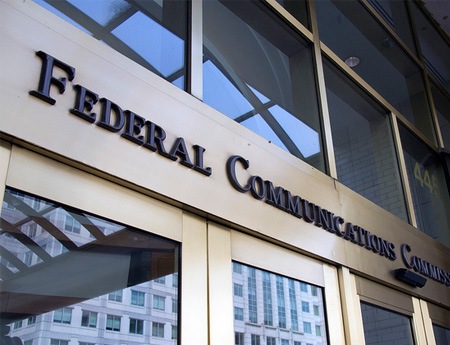Editorial: NAB for the Defense

The smarter way to stay on top of broadcasting and cable industry. Sign up below
You are now subscribed
Your newsletter sign-up was successful
Props to the National Association of Broadcasters for coming to the defense of the Virginia TV station slammed with the maximum indecency fi ne for a slip-up that was embarrassing, but hardly the threat to the nation’s morals and children that the FCC seemed to posit.
With the FCC holding the incentive auction sword of Damocles over the industry’s head, the NAB could have chosen not to hammer the commission over the issue, release a statement about how most stations are responsible stewards and let WDBJ Roanoke fight its own fight.
Instead, the NAB teamed up with the Radio- Television Digital News Association (RTDNA)—the FCC’s proposed $325,000 fi ne was generated by a newscast segment—to read the commission the riot act, saying the FCC added constitutionally suspect insult to maximum proposed fi ne injury for an inadvertent, fleeting sexual image in a news story.
“Levying the maximum possible fi ne under the law in a case where the broadcast station indisputably did not purposefully air the image at issue is tantamount to imposing a sentence of life imprisonment for petty theft,” NAB/RTDNA said.
One could debate the merits of a news story about an ex-porn actress turned EMT, but it is not the FCC’s role to do so, or to pass judgment on news content and punish broadcasters for not living up to its standards.
“[T]he extraordinarily punitive nature of the fi ne and the accompanying discussion in the NAL [Notice of Apparent Liability] raise the specter that the Commission’s subjective view of the merit of WDBJ’s underlying news story drove the unprecedented decision here,” NAB/RTDNA said.
FCC chairman Tom Wheeler early on signaled that he preferred the bully pulpit approach to calling broadcasters to the angels of their better programming n`atures. We agree, though that is also a subjective call. Cable still gets to experiment with important adult themes, while broadcasters are encouraged through periodic indecency actions to avoid pushing an envelope that could contain new themes and attract new viewers.
The smarter way to stay on top of broadcasting and cable industry. Sign up below
The FCC has a lot of important tasks ahead of it. Making broadcast content calls in an effort to be a national nanny should not be one of them.
